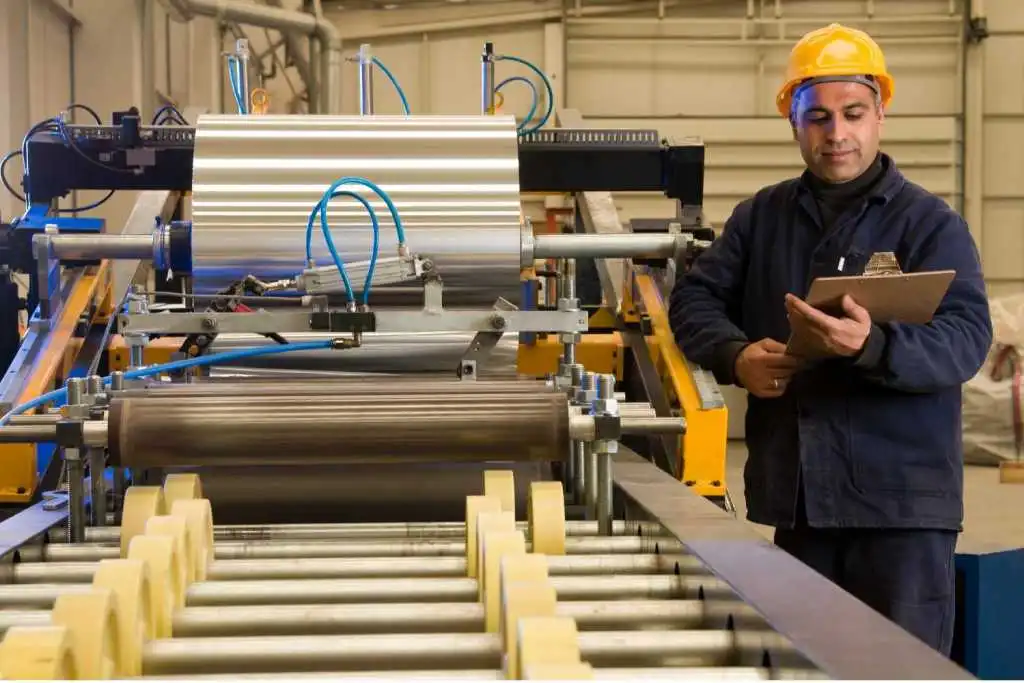Pre-Production Inspection: The Key to Quality Manufacturing
Modified on:
Pre-Production Inspection: The Key to Quality Manufacturing
Pre-production inspection is a crucial step in the manufacturing process, ensuring that all raw materials, components, and production methods meet the necessary standards before mass production begins. This practice helps prevent costly errors, reduce defects, and improve overall product quality. In this blog, we’ll dive into what pre-production inspection entails, why it matters, and how it benefits both manufacturers and clients.
About Pre – Production Inspection
What Is Pre-Production Inspection?
Pre-production inspection involves verifying that all elements of the production process are ready and conform to required standards. This includes checking raw materials, tools, machinery, and production methods to ensure they align with the client’s specifications.
Key Steps in the Pre-Production Inspection Process
Inspectors begin by ensuring that all materials meet the specified quality standards. They then verify that machines and tools are calibrated and functioning correctly. Initial samples are reviewed to ensure they align with design and quality expectations. Finally, the production process is assessed to confirm it is set up for efficiency and compliance.
The Benefits of Pre-Production Inspection
Conducting pre-production inspections helps prevent defects by identifying potential issues early in the process. It saves costs by reducing waste and rework caused by undetected problems. The process improves operational efficiency by addressing bottlenecks ahead of time and enhances client satisfaction by ensuring products meet their specifications.
Common Issues Identified During Pre-Production Inspections
Substandard raw materials or components are often discovered during pre-production inspections. Incorrect setup of machines or tools can also be identified and rectified. Inspectors frequently catch misaligned or incomplete production workflows. Additionally, inconsistencies in samples or prototypes compared to specifications are flagged during this stage.
Best Practices for Effective Pre-Production Inspections
Using a standardized checklist ensures that all critical aspects of the inspection process are covered. Training inspectors thoroughly helps them identify and address issues accurately. Leveraging technology, such as inspection software, streamlines the inspection process. Communicating findings clearly to all stakeholders allows for prompt resolution of any identified issues.
How Pre-Production Inspection Supports Quality Assurance
Pre-production inspection acts as the first layer of quality assurance by ensuring that products are manufactured in compliance with industry standards and client requirements. Addressing potential issues early lays the foundation for a successful production cycle and reduces the likelihood of defects further along the manufacturing process.







